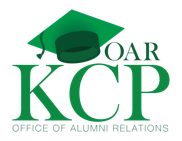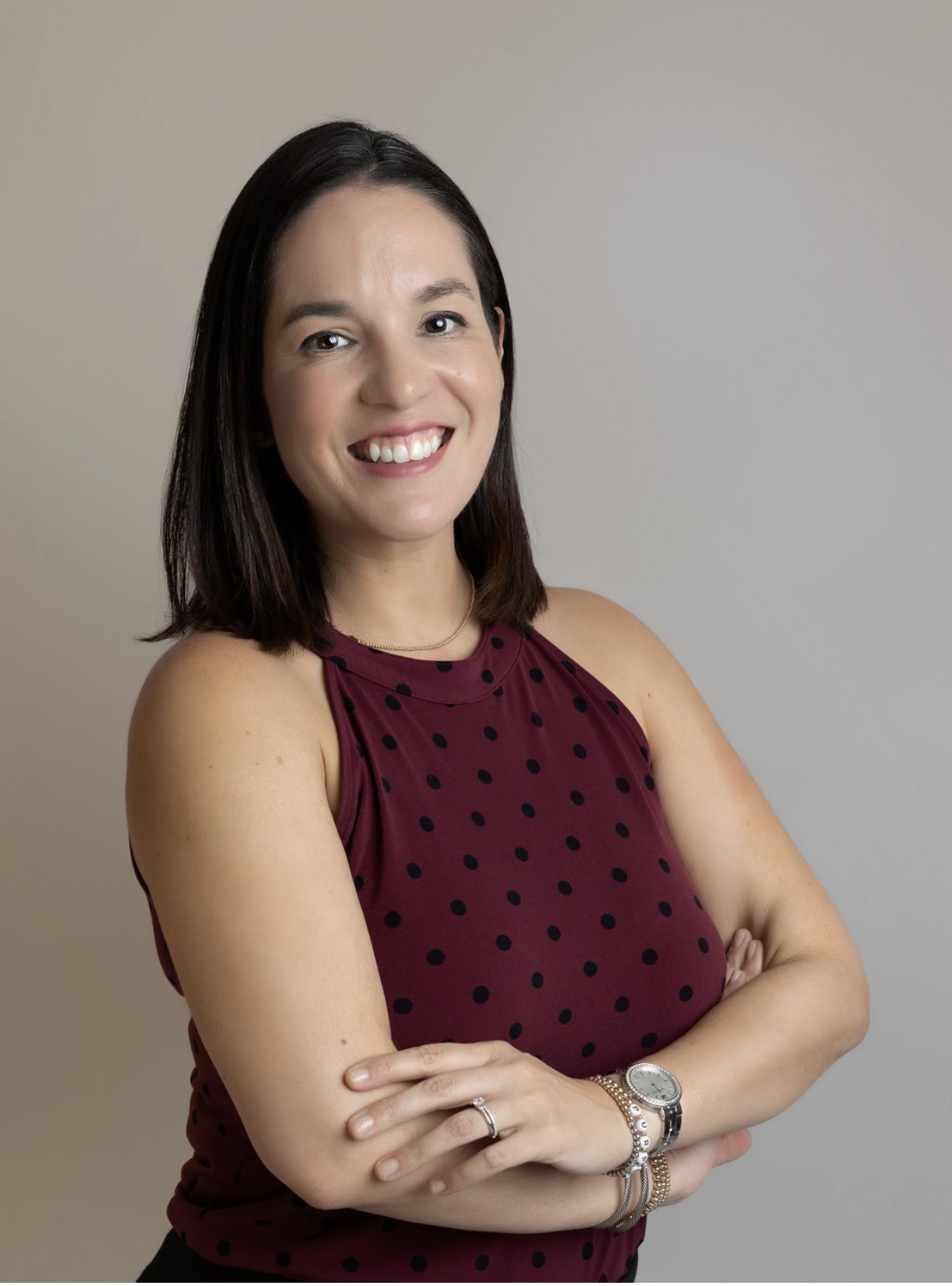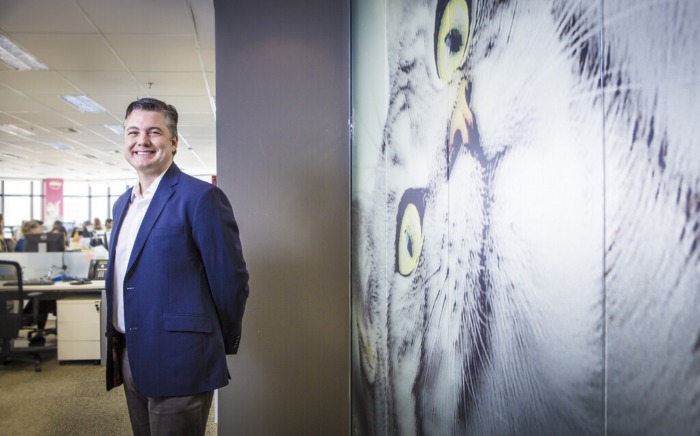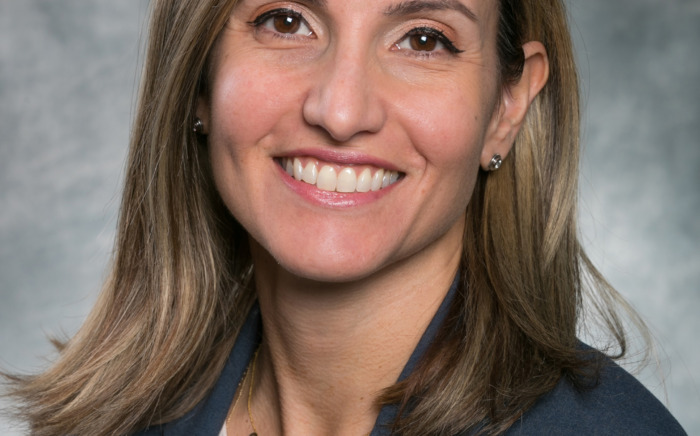Diana Besada Barrera, MS, CCRC, KCP Class of 2000, is a distinguished professional in Alzheimer’s research. She is currently the Manager of Recruitment and Clinical Trial Optimization at the Global Alzheimer’s Platform Foundation, where she has optimized recruitment and clinical trial operations in California, Texas, and Louisiana. Previously, she worked at the Alzheimer’s Research and Treatment Center, managing protocols and training clinical staff. Her commitment to innovative research and improving accessibility to Alzheimer’s treatments are key to her success. We are proud of Diana and all she has accomplished in advancing research for this disease that affects around 55 million people worldwide.
We had the chance to talk to Diana about her career and about her best memories during her time at KCP:
How has your KCP experience impacted your life and the choices you have made in your career?
For me, KCP wasn’t just a school—it was the place that shaped me. As the daughter of an ex-alumni and with my grandmother as a longtime employee, KCP defined who I was from a very young age. It instilled in me a sense of pride, resilience, and a deep commitment to learning. I believe the strong academic foundation and supportive environment encouraged me to challenge myself, think critically, and select a career that focuses on both scientific innovation and human connection. These ultimately led me to my work in Alzheimer’s and Neurodegenerative Clinical Research, specifically focusing on FDA-approved therapies and treatments while also making sure research is accessible to understudied populations and communities.
What advice would you give KCP students, especially those interested in pursuing a career in clinical research?
Stay curious, ask questions, and seek out opportunities to learn beyond the classroom. Clinical research is a rapidly evolving field that requires not just scientific knowledge, but also strong communication and problem-solving skills. There is an urgent need for more researchers to help study diseases, improve diagnostics, and develop effective treatments for these diseases that affect millions worldwide. If you’re interested in this path, consider volunteering or interning at research sites, hospitals, research-focused Universities and Colleges, or community health organizations. Networking is also key—connect with professionals in the field, attend conferences, and don’t be afraid to reach out for mentorship.
What are some of your best memories or experiences from your time at KCP?
Some of my best memories at KCP revolve around the friendships I built, many remain lifelong friends. But one of the most defining moments for me was the guidance I received from my High School Principal, who really offered guidance and encouragement through some of life’s obstacles. For me that is what makes KCP one of the best, their educators and administrators are all supportive and turn their students into leaders.
What makes you proud to be a member of the KCP family?
I am proud to be part of a community that values excellence, integrity, and lifelong learning. KCP instilled in me a love for knowledge and a commitment to making a difference, both of which continue to drive me in my career today. Knowing that I am part of a network of individuals who strive to make an impact in various fields is truly inspiring. It’s an honor to represent KCP in the world of Alzheimer’s and Neurodegenerative Clinical Research and to contribute to impactful advancements in healthcare.





